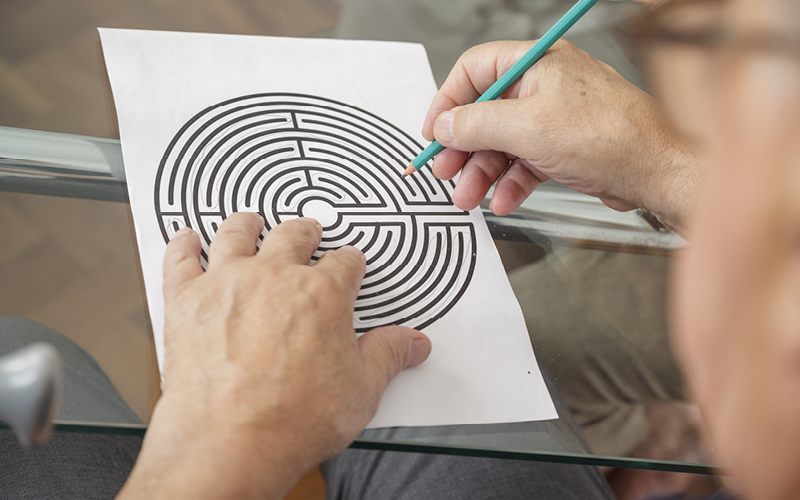
by Neuropsychologists Erica Brandling-Bennett, PhD, and Lama Alameddine, PsyD
Many stroke survivors find they have problems thinking as well as they did before their stroke. For example, some patients have more difficulty speaking, while others feel more forgetful. Sometimes these thinking problems are a direct result of the stroke. Often these problems are a sign of not getting enough sleep, of depression clouding thinking, or even of medications causing fogginess. Regardless of the cause, many survivors worry that they have ongoing cognitive problems and would like to investigate these symptoms further.
Valley Medical Center’s Neuroscience Institute now has two neuropsychologists who perform cognitive testing, Erica Brandling-Bennett, PhD and Lama Alameddine, PsyD. They follow-up each evaluation by meeting with the patient and a family member or friend to thoroughly explain the individual’s cognitive abilities and how those abilities impact day-to-day functioning.
When should you consider neuropsychological testing?
- If you have recovered from the immediate impact of stroke, at least eight months have gone by, and you are continuing to experience problems with thinking.
- If you have managed and treated any depression or anxiety you have been feeling.
- If you have spoken to your doctor about reducing any medications on your list that may interfere with clear thinking.
How should I prepare for an appoint with a neuropsychologist?
- Try to get a good night’s rest the day before testing.
- Bring a trusted family member or friend who knows about the issues you are experiencing.
- Be prepared to be in the clinic for several hours. There are breaks, as needed, and time for snacks and lunch.
- Know that the testing is mostly the paper and pencil kind, not the poking and prodding kind!
Interested in an appointment? Call 425.656.5566, option 1. Free valet parking.

